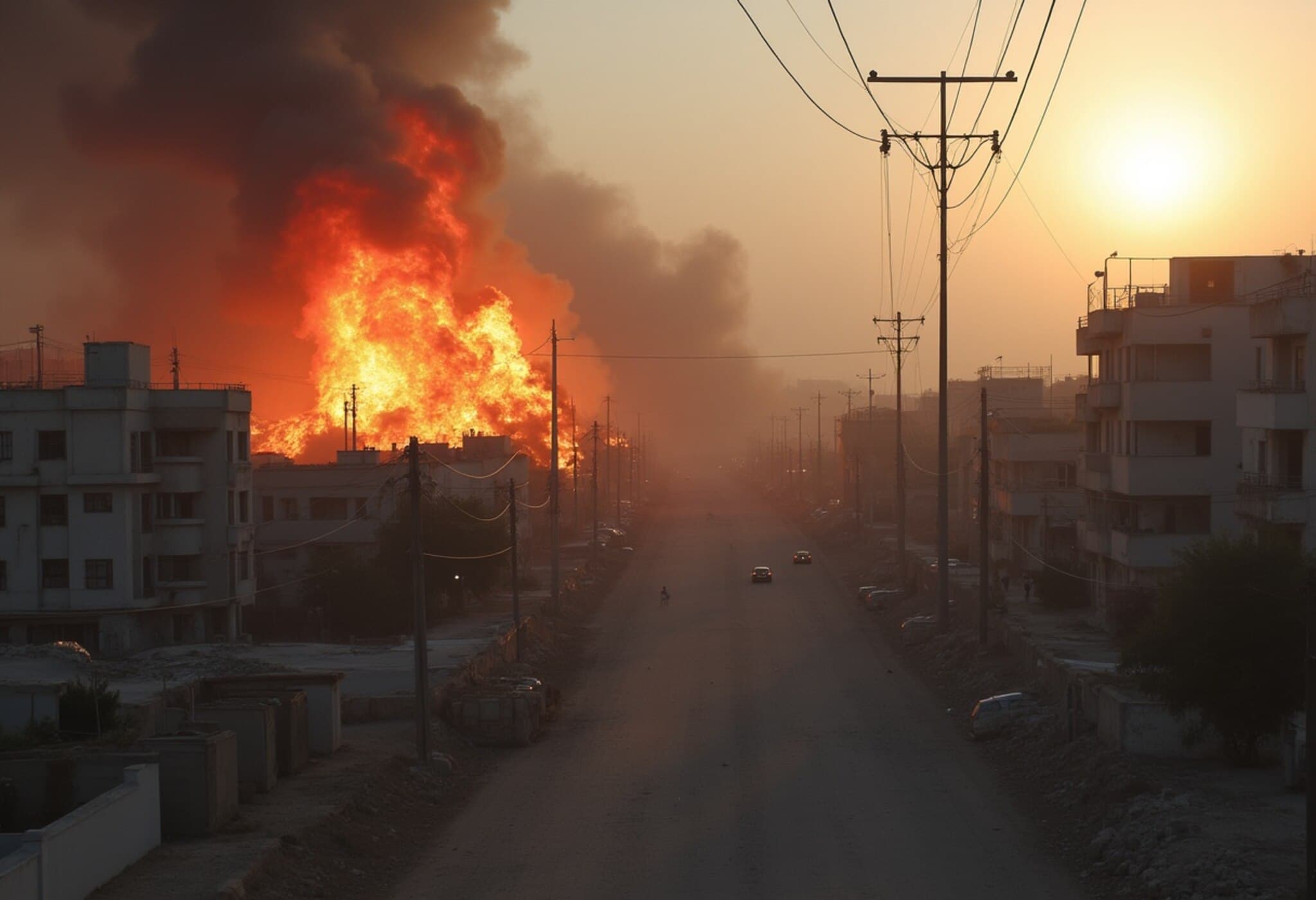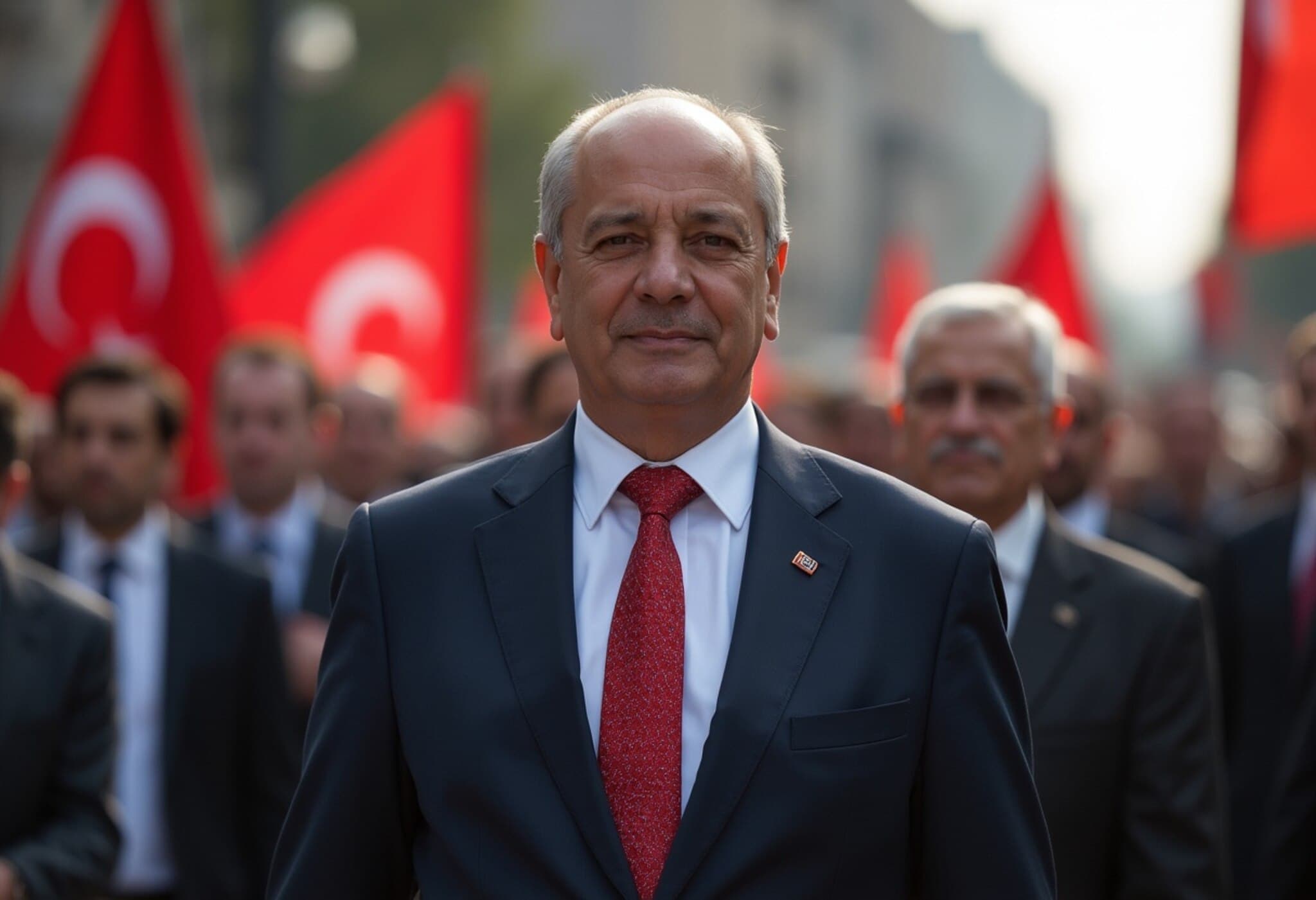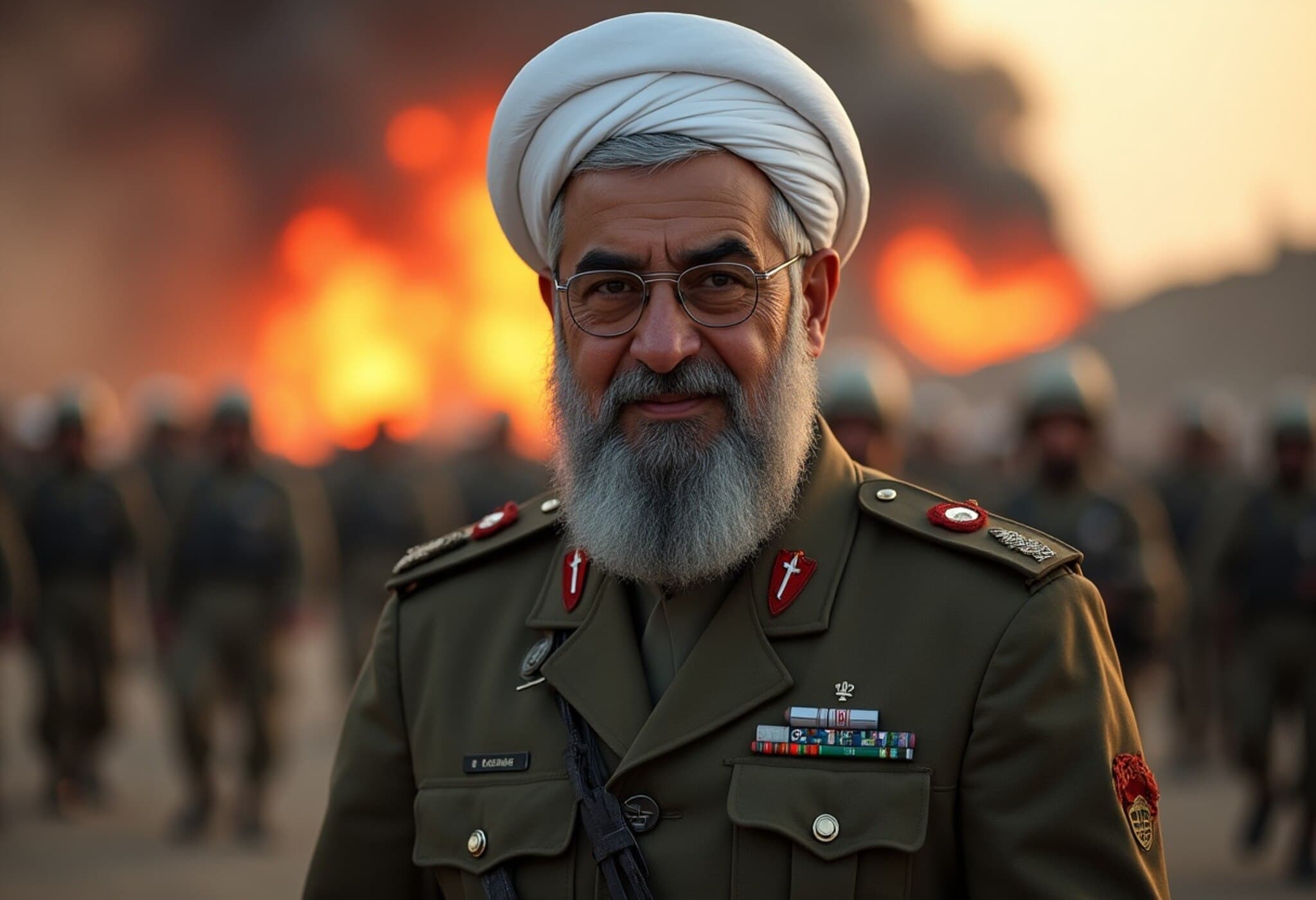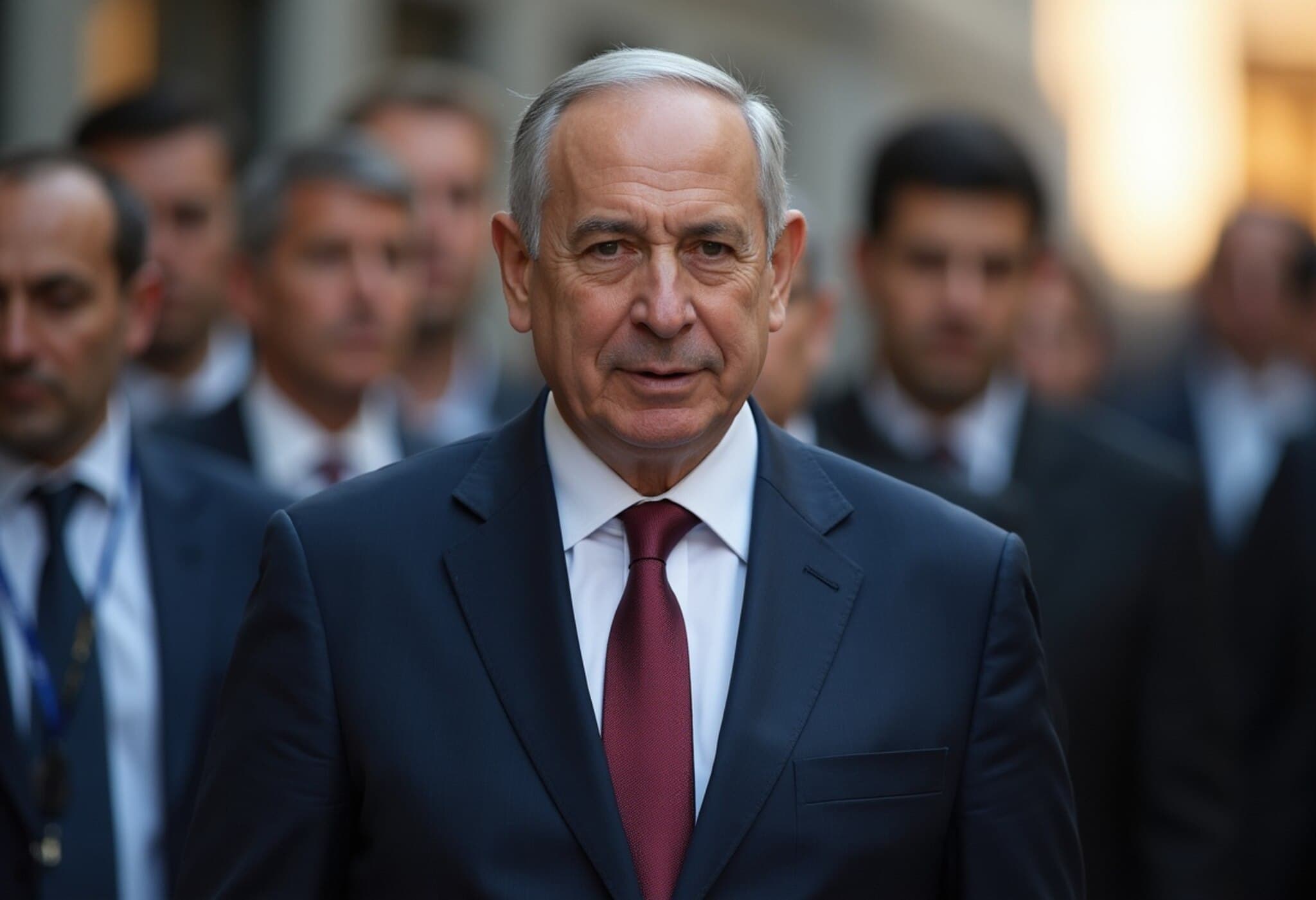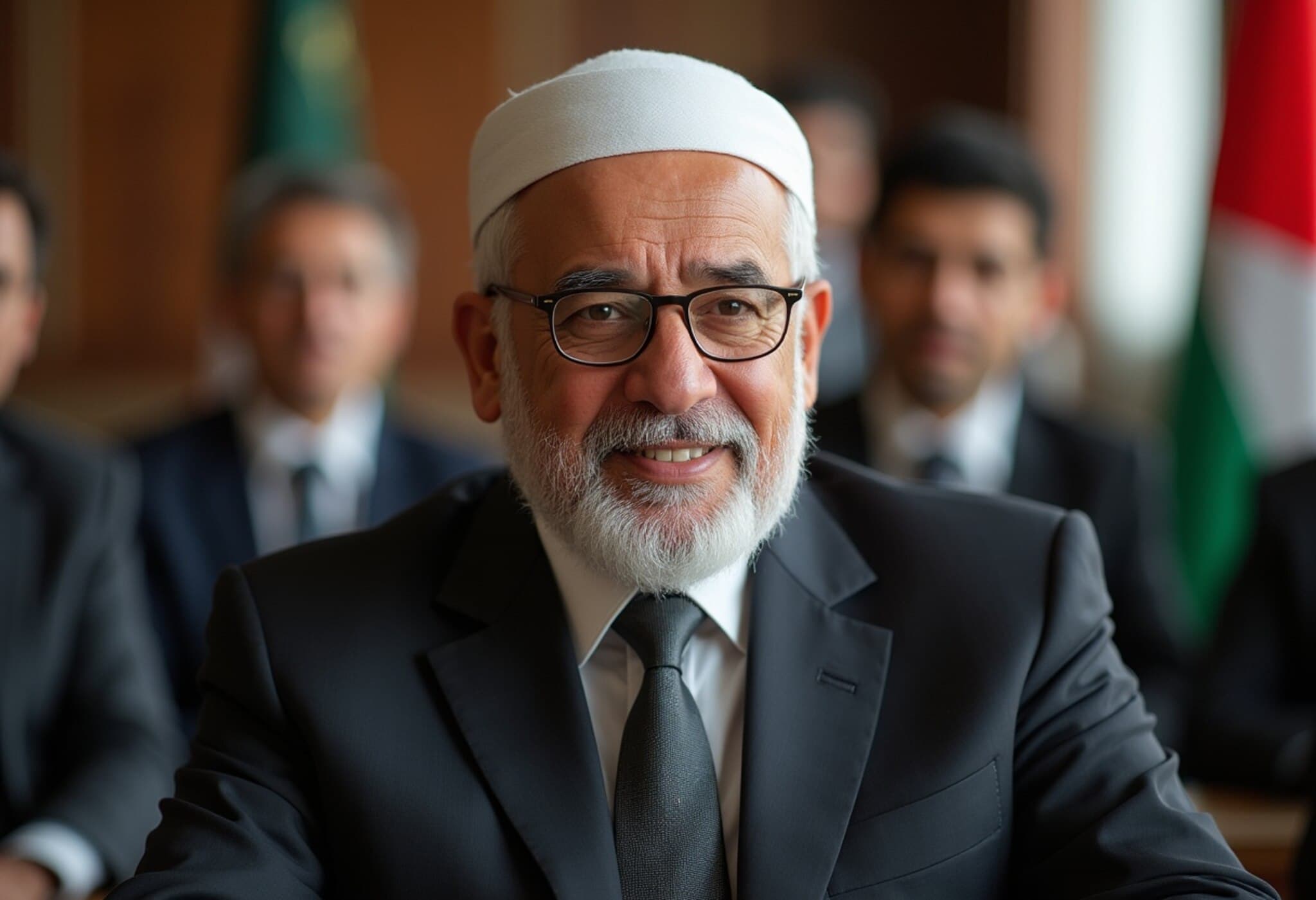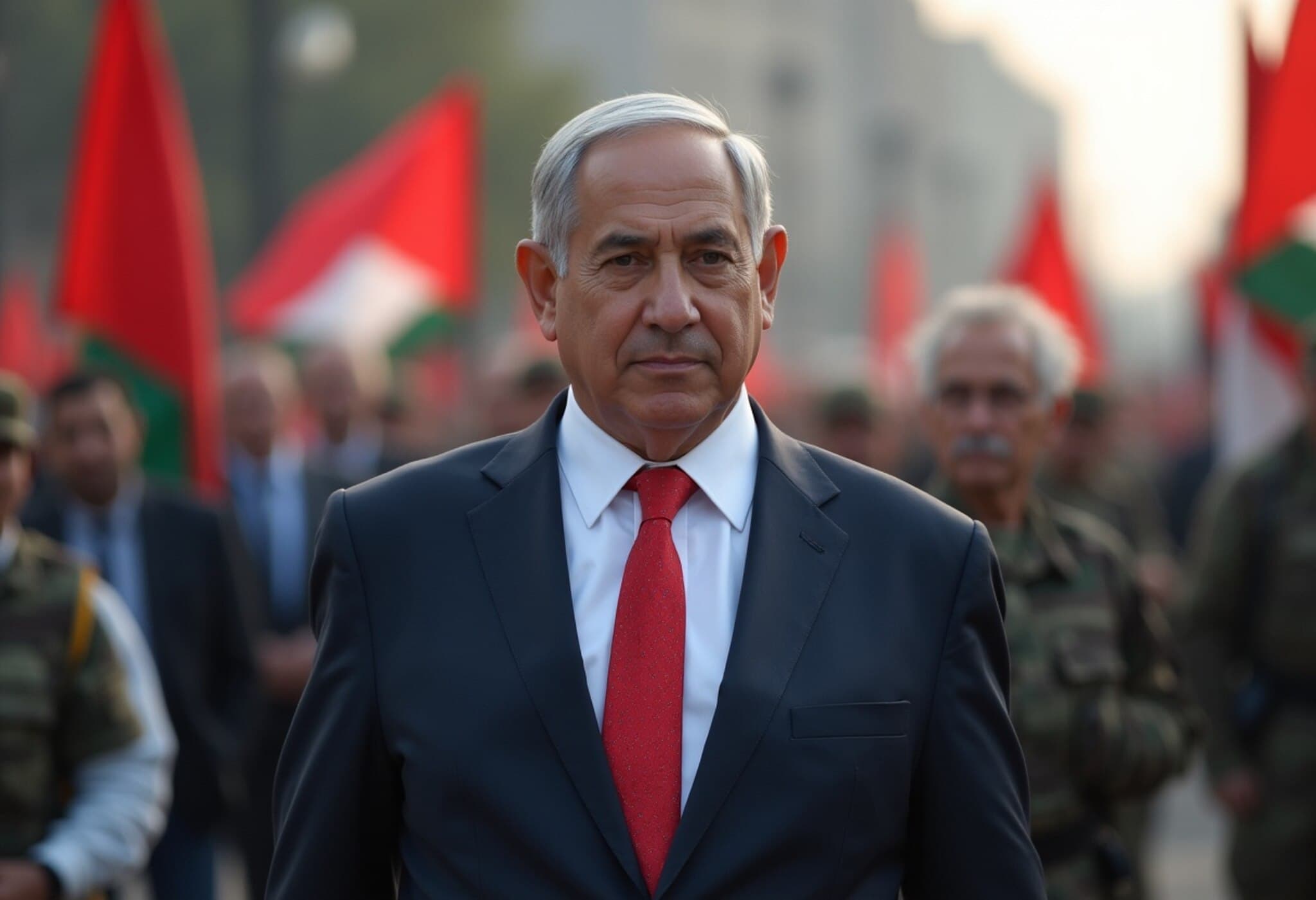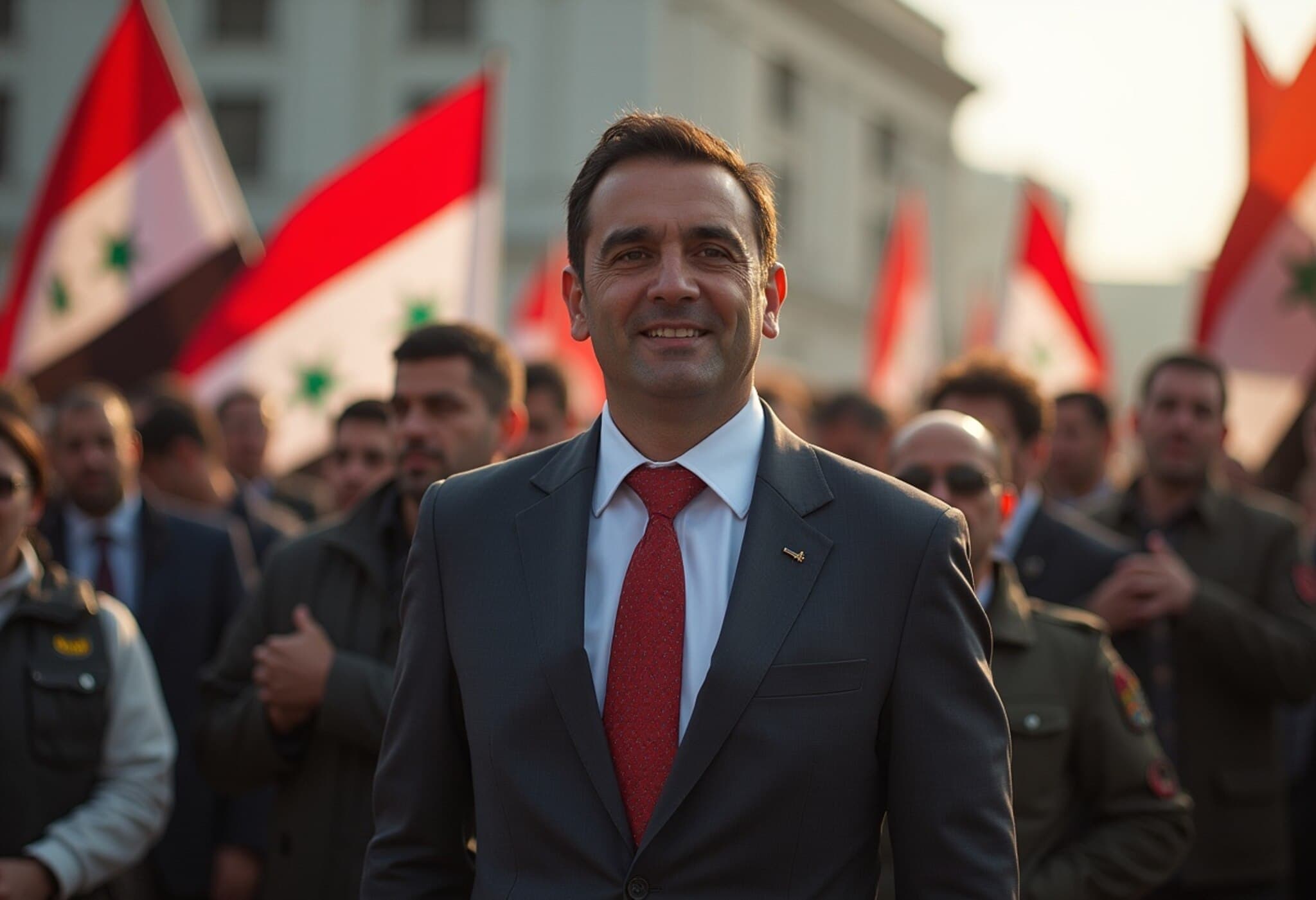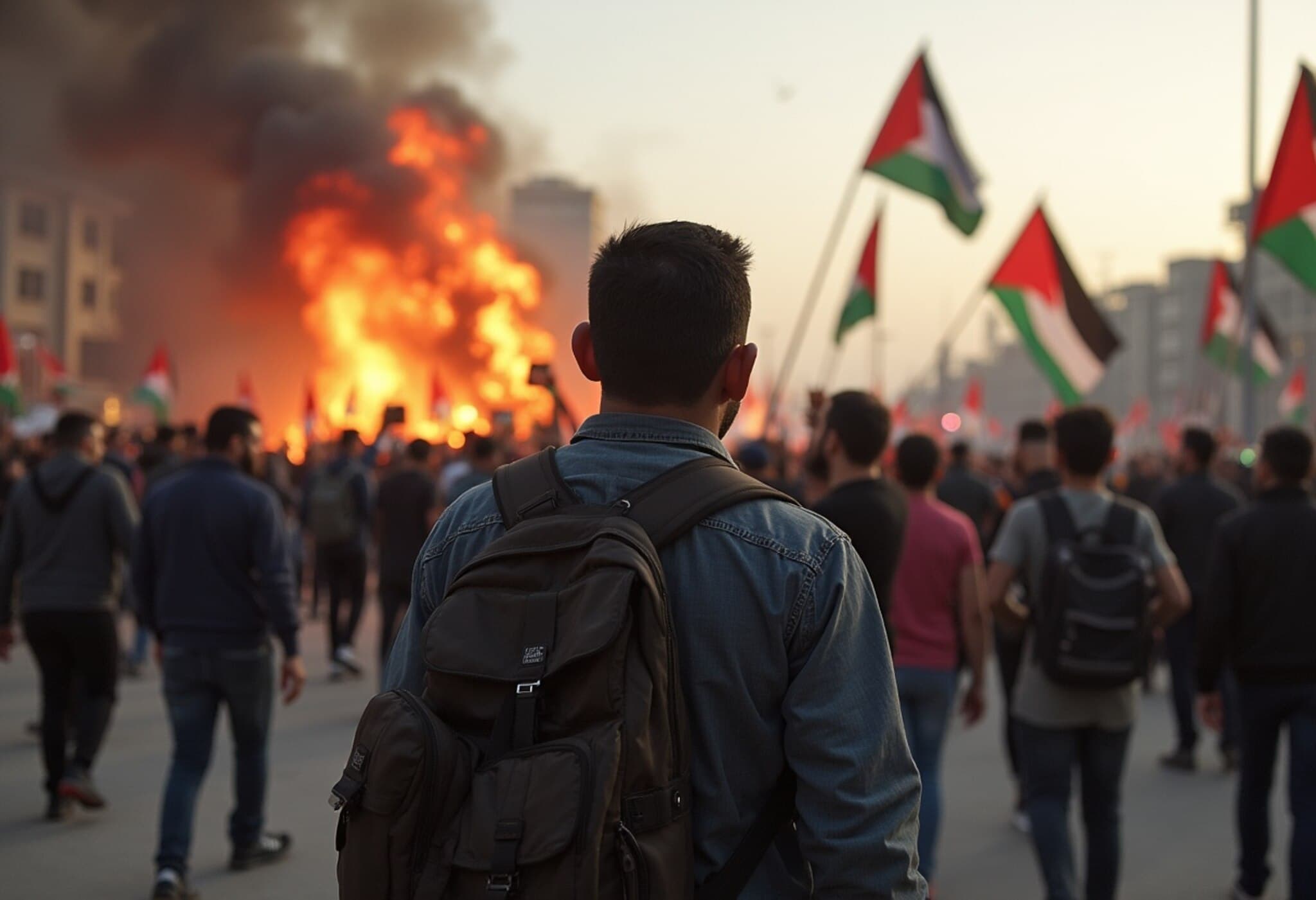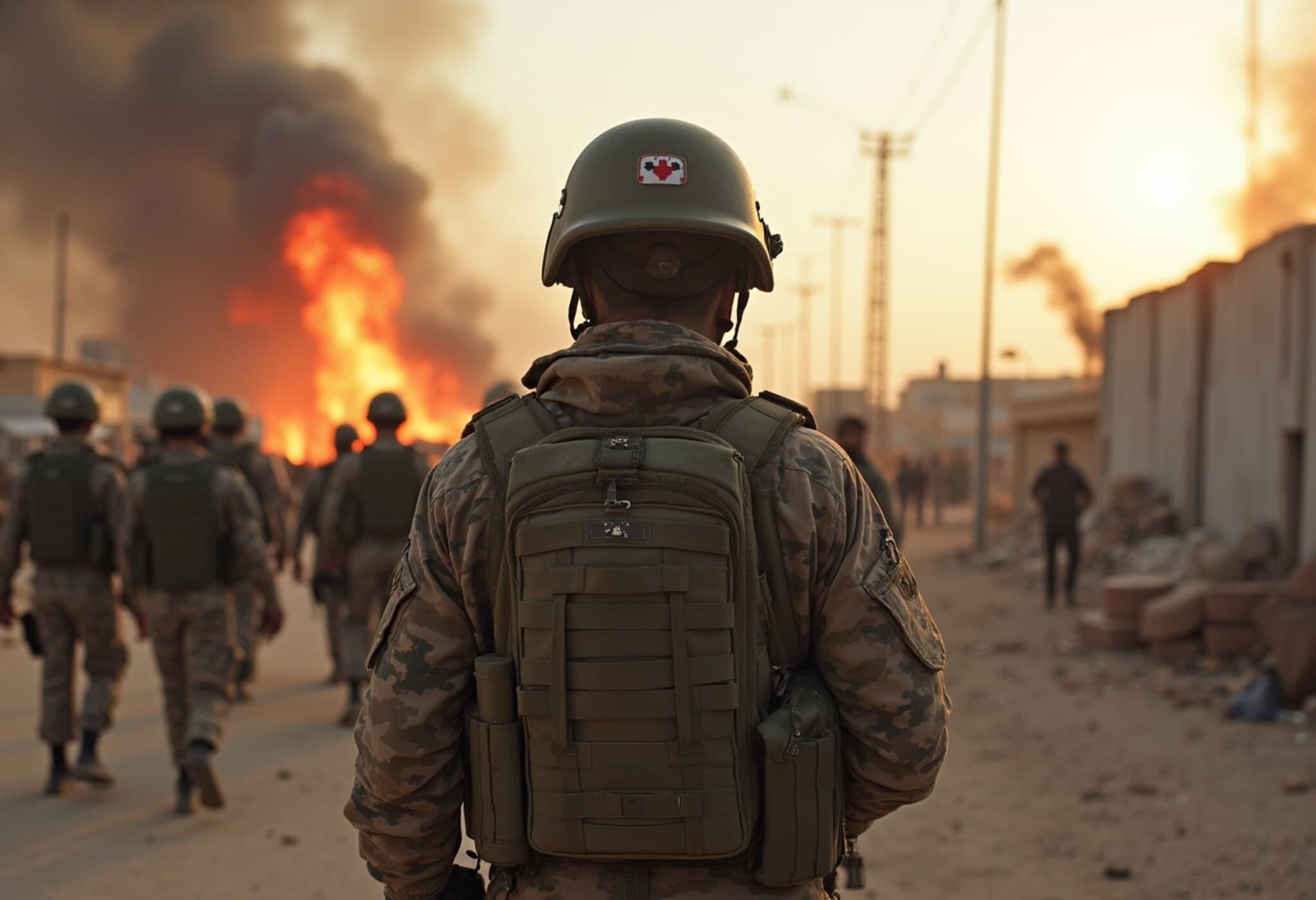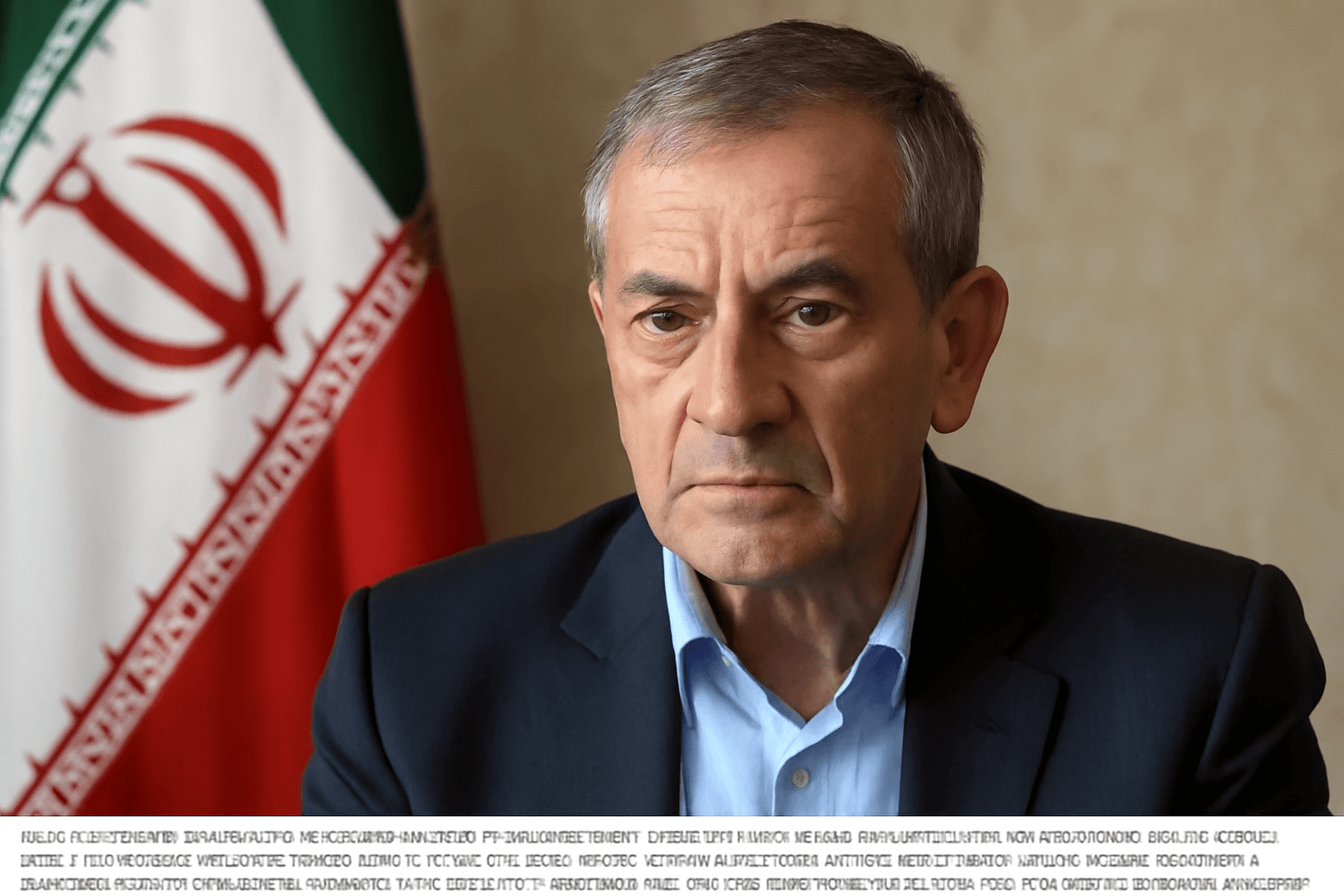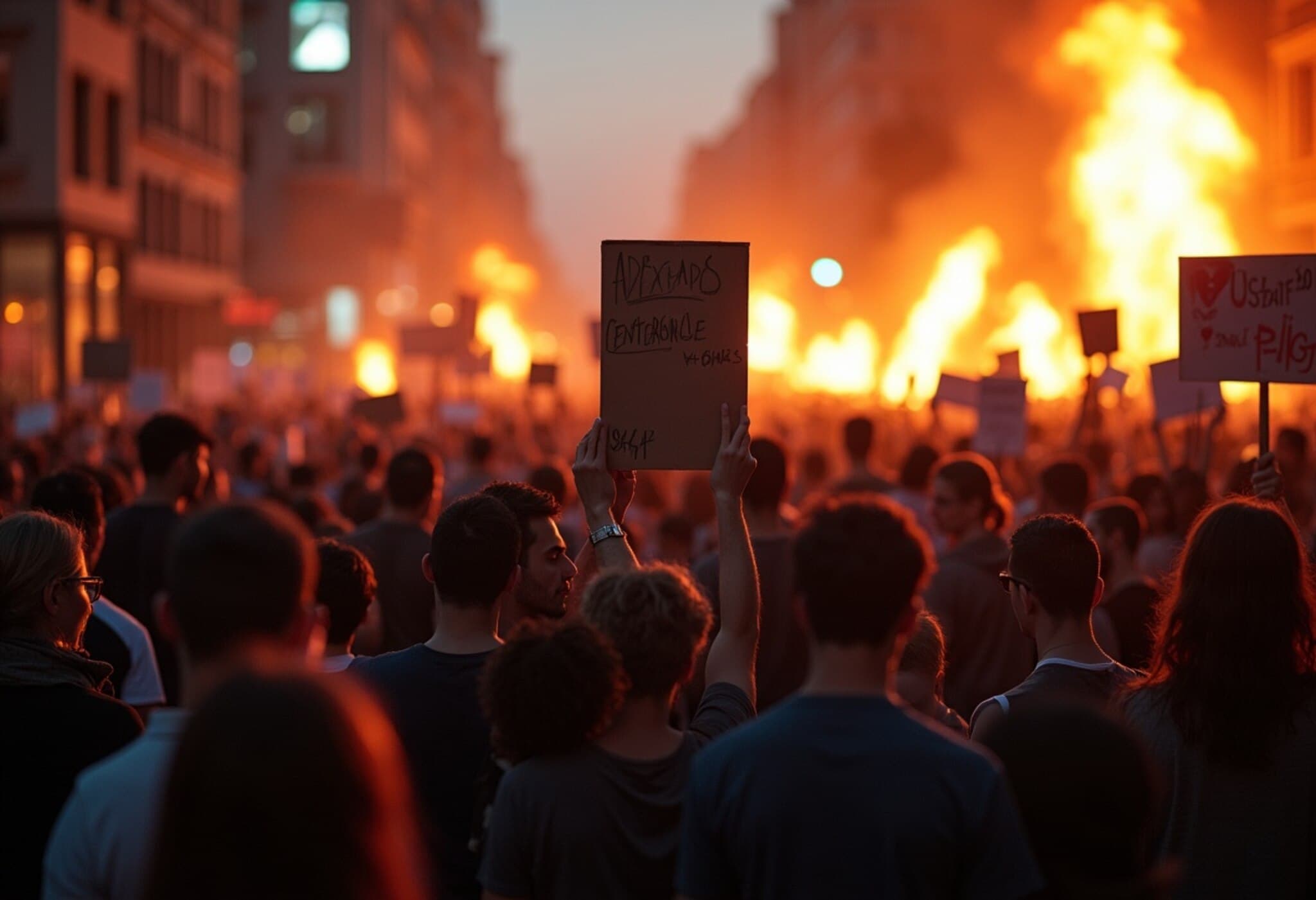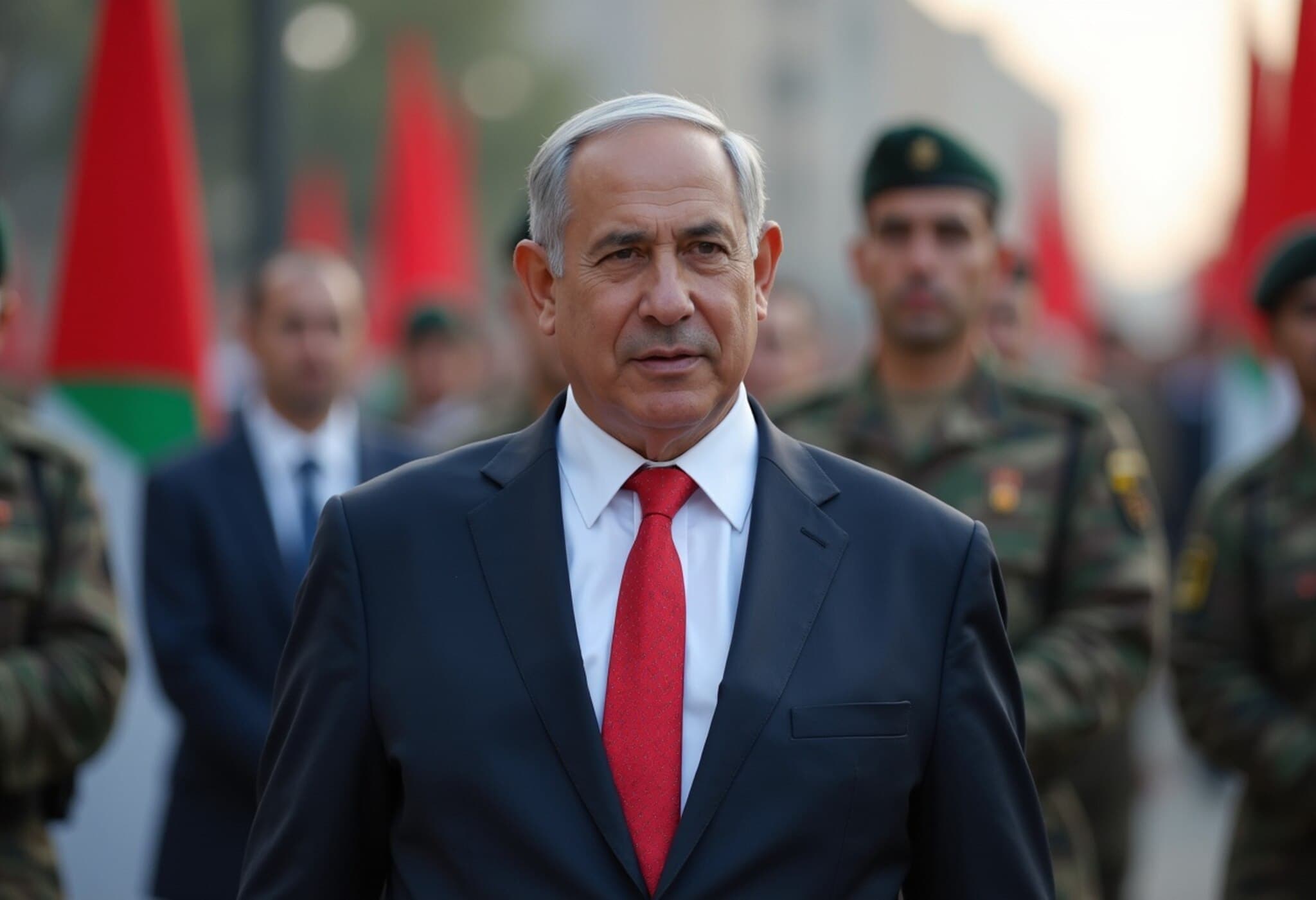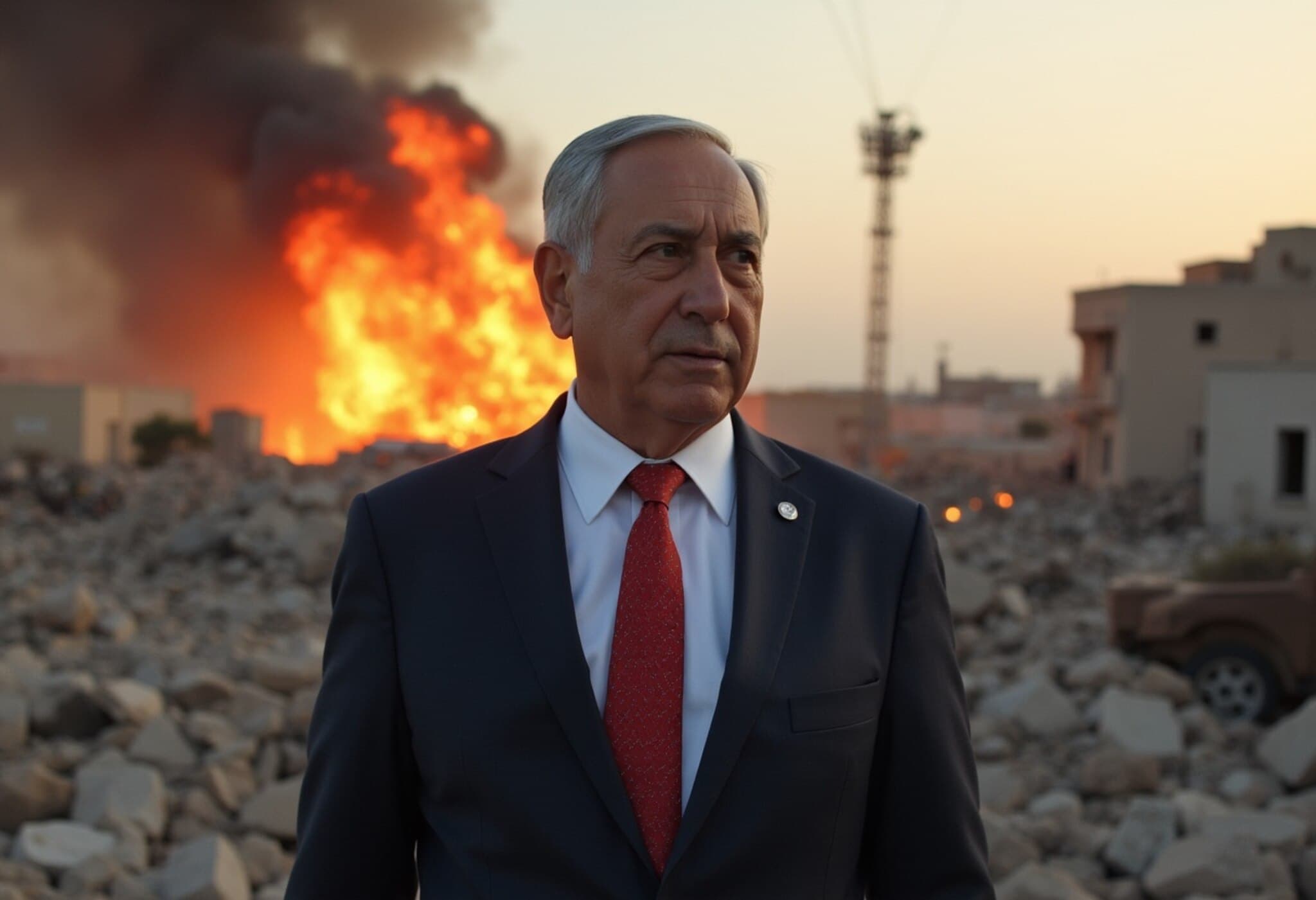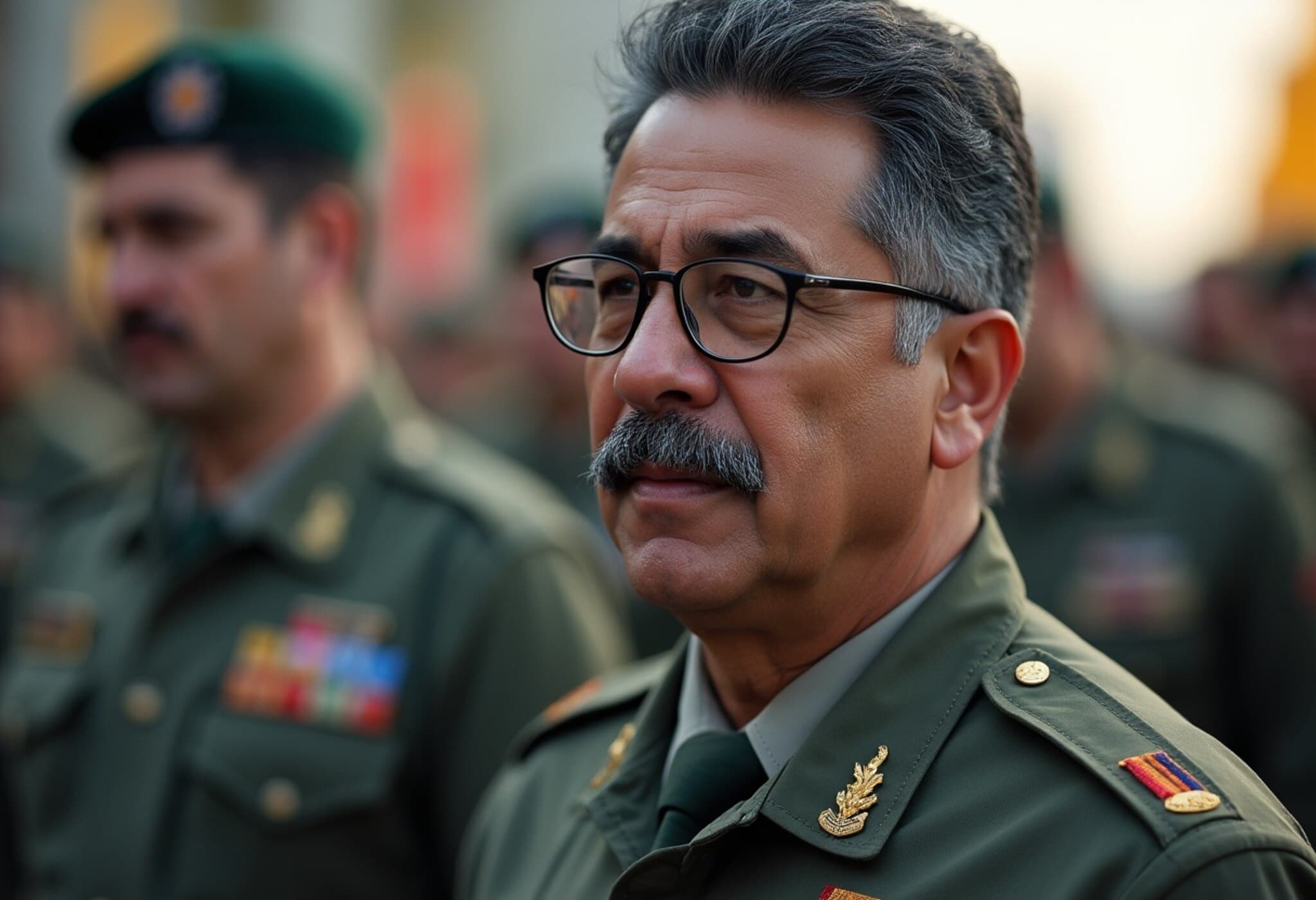Israel Moves Forward With Gaza City Assault Plan Amid Truce Negotiations
In a significant escalation that sharpens the conflict’s intensity, Israel’s Defence Minister Israel Katz sanctioned a comprehensive military plan aimed at conquering Gaza City on August 21, 2025. Simultaneously, Katz authorized the mobilization of 60,000 reservists, signaling Israel’s readiness to press its offensive despite ongoing international efforts to broker a ceasefire.
The Context: Awaiting a Fragile Ceasefire
This move unfolds as mediators, led chiefly by Qatar, anticipate an official response from Israel regarding a Hamas-backed ceasefire proposal. The truce framework proposes a 60-day cessation of hostilities, staged release of hostages, liberation of Palestinian prisoners, and enhanced humanitarian aid access into Gaza — a region grappling with a deepening humanitarian crisis.
While Hamas has shown acceptance of this proposal, Israel remains cautious. A senior Israeli official emphasized that Tel Aviv’s agreement hinges firmly on the unconditional release of all hostages held by Hamas.
On the Ground: Humanitarian Alarm Bells Ring Louder
Mustafa Qazzaat, head of Gaza’s emergency committee, described the situation as “catastrophic.” Tens of thousands are reportedly fleeing eastern neighborhoods of Gaza City, anticipating intensified military operations. Health services are stretched thin, food and medical supplies remain critically low, and infrastructure continues to deteriorate.
Political Dynamics and International Pressure
Prime Minister Benjamin Netanyahu’s government is navigating a complex web of domestic expectations and global scrutiny. Although Israel’s security cabinet had approved the Gaza City assault plan in early August, no formal meeting has yet addressed Israel’s stance on the latest ceasefire proposal.
Worldwide, voices cautioning restraint are growing louder:
- Germany publicly rejected further escalation, advocating for peaceful resolution.
- French President Emmanuel Macron warned the offensive risks sparking a "complete disaster for both peoples" and potentially dragging the Middle East into prolonged conflict.
Hostage Crisis and Diplomatic Complexities
The hostage issue remains central. Of the 251 individuals taken captive by Hamas in October 2023, only 49 remain in Gaza, with 27 presumed dead. The recent truce proposal includes phased hostage releases—starting with 10 individuals and 18 bodies from Gaza, followed by further releases during the proposed 60-day ceasefire.
Qatar notes that the current proposal closely mirrors a previous deal Israel tentatively endorsed, but Netanyahu insists any agreement must involve the simultaneous release of all hostages and a clear end to hostilities on Israel’s conditions.
Military Developments: A New Phase of Conflict
Israel has commenced a concentrated military phase within Gaza City, extending operations into sectors previously less affected by fighting. Reports from Gaza’s civil defense indicate at least 25 Palestinians were killed on the day the assault plan was approved. Meanwhile, Israeli forces claimed to have neutralized 10 Hamas operatives in southern Gaza during a repelled attack; conversely, Hamas reported casualties among Israeli soldiers.
This intensification follows Hamas’s October 2023 attack that tragically claimed 1,219 Israeli lives, and a devastating ongoing campaign that Gaza’s health ministry reports has resulted in over 62,000 Palestinian deaths, the vast majority civilians.
Broader Implications: Settlement Expansion and Future Prospects
Amid the conflict, the Israeli government has approved a significant settlement expansion project in the West Bank, a move sharply condemned by the Palestinian Authority. The PA asserts this undermines prospects for a viable Palestinian state and complicates the already fragile path toward peace.
Expert Analysis: What Lies Ahead?
This pivotal juncture raises crucial questions:
- Can Israel reconcile military objectives with diplomatic overtures without deepening humanitarian suffering?
- To what extent will international pressure shape Netanyahu’s decisions amid security cabinet deliberations?
- How might the ongoing hostage situation affect public support and international mediation efforts?
- What are the long-term implications of continued settlement activity on regional stability?
Legal and policy analysts note that any escalation risks exacerbating violations of international humanitarian law unless protections for civilians and aid access are prioritized. Moreover, the hostage crisis injects complex ethical and tactical challenges into negotiations.
Editor’s Note
As Israel embarks on a critical military phase in Gaza City amid fragile ceasefire talks, the world stands at a crossroads — balancing urgent security concerns with the dire need to alleviate human suffering. The path ahead demands nuanced diplomacy informed by human-centric policies that prioritize both peace and justice. Readers are encouraged to reflect on the interplay between military decisions, humanitarian impact, and the broader quest for lasting peace in the region.

